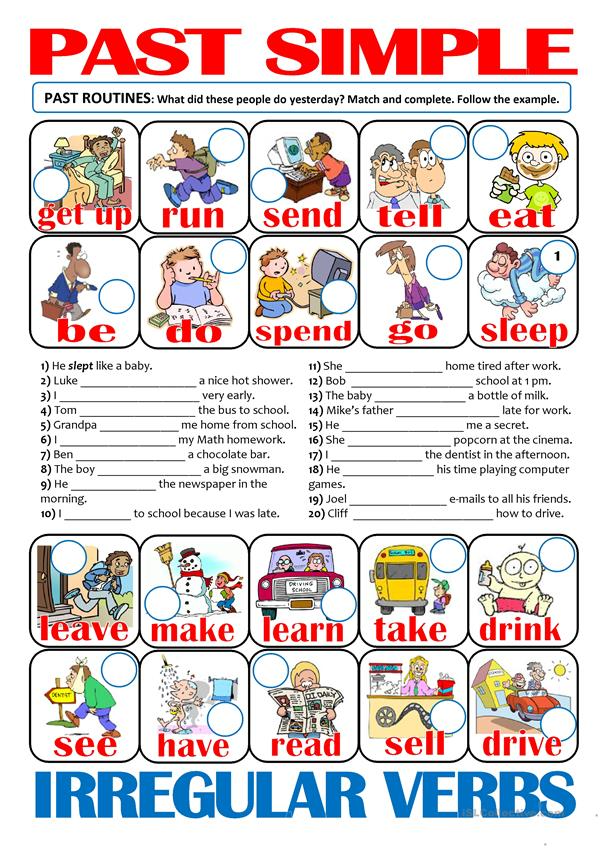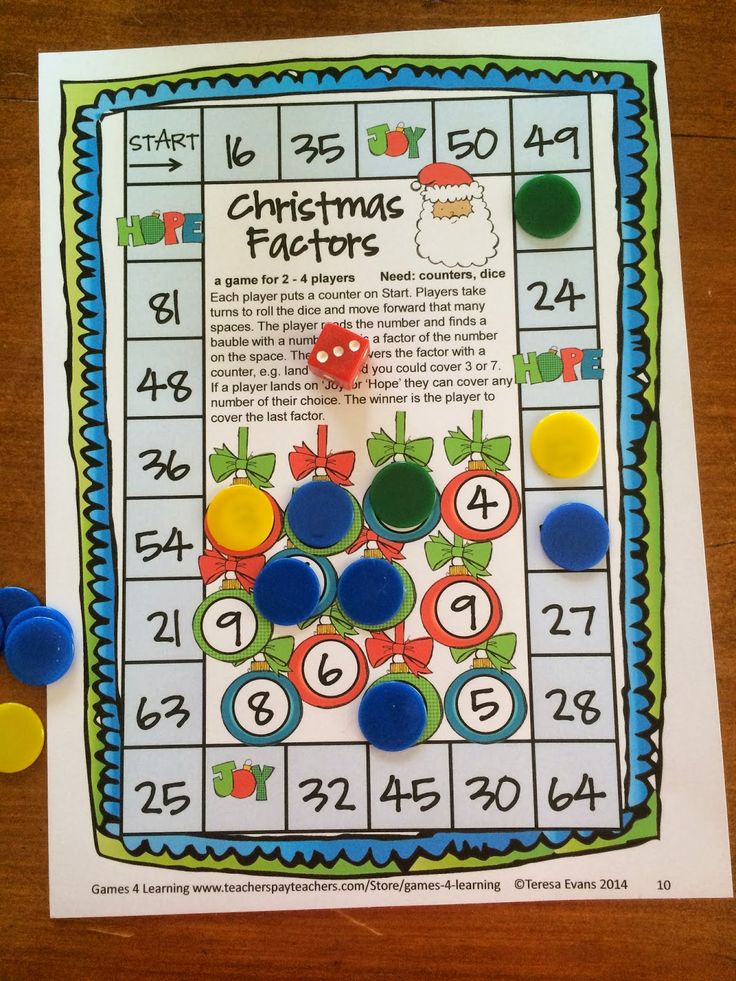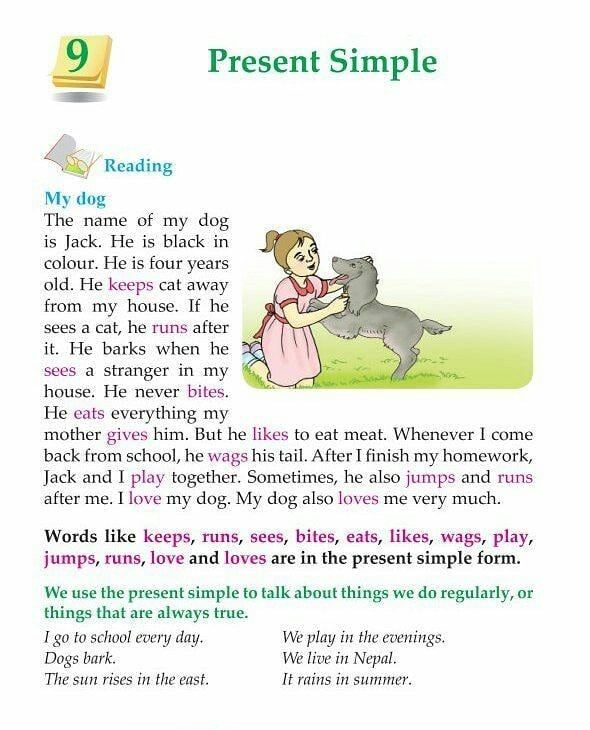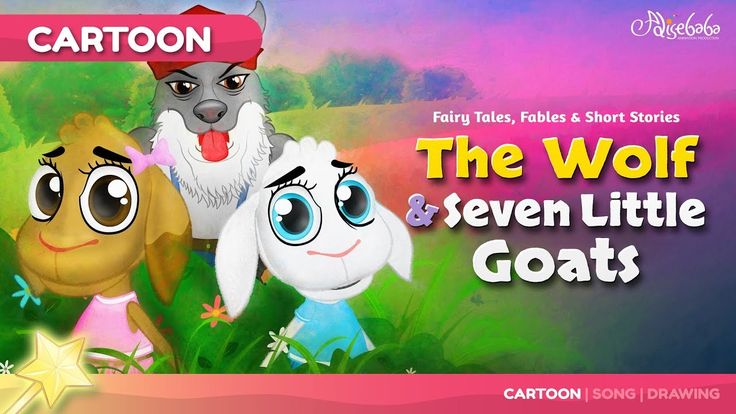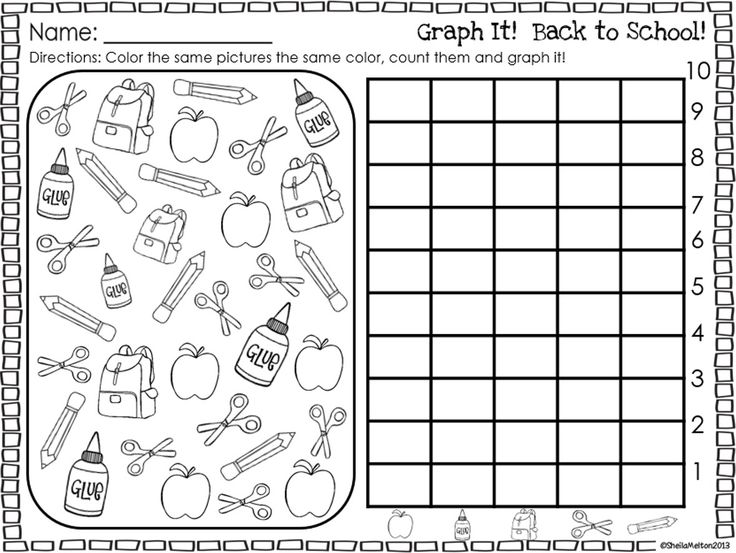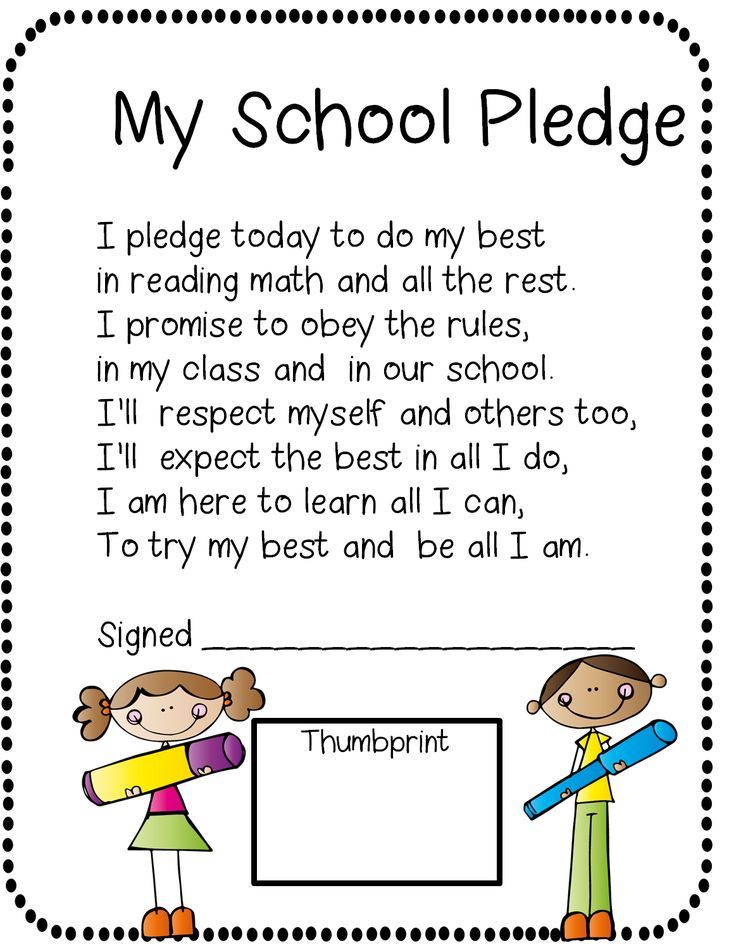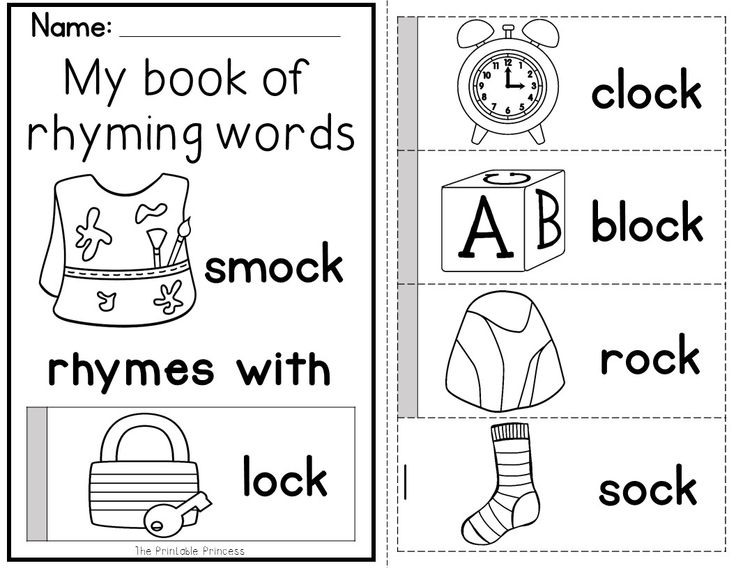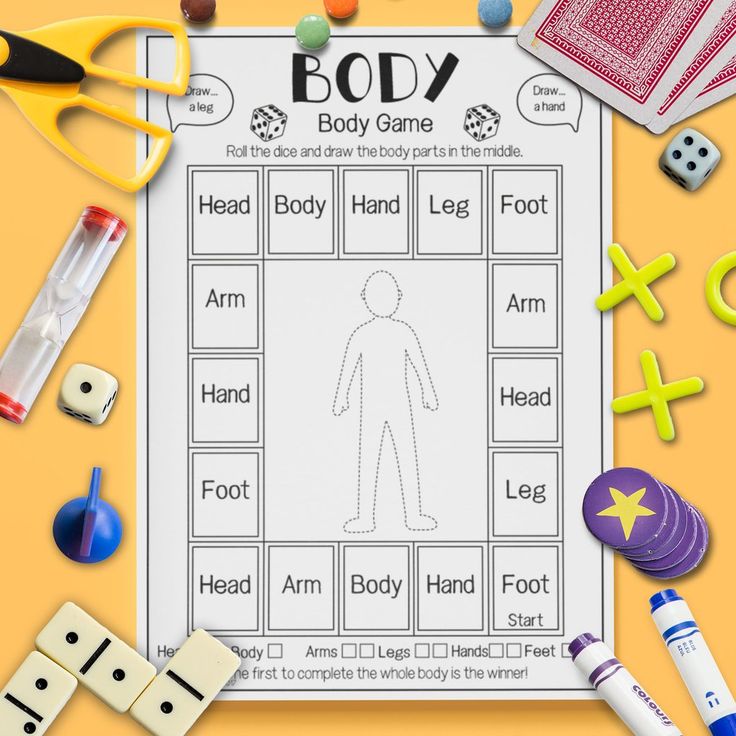Skills to work with children
5 Skills and Qualities You Should Be Working On
Most people love the idea of working with children but not everybody has the skills or the personality for it. Kids, contrary to what you might have been told or brought up to believe, are not simply “regular people in miniature form.” They are unique beings who are still developing into the people you’re used to dealing with in the adult world which means they haven’t yet learned most of the skills, coping mechanisms, and boundaries that you take for granted as being inherent.
Working with children is much different from working with adults. And furthermore, working with little kids is much different from working with older kids. If you’ve got your heart set on working with children (whether as an educator, an entertainer or in human services), here are five skills you need to hone.
Patience
Patience is listed first because it is the most important. Remember: children are not adults. They process things differently than adults do and bridging the gap between what you know and what they understand can be frustrating. You’re going to have to repeat yourself a lot. You’re going to have to explain a lot. You’re going to have to deal with distractions and a bunch of other focus-grabbers. You are going to need a deep well of patience to keep from getting frustrated.
Note: Kid time is much different than grown-up time. If you have ever played “house” with a young child, you’ll know what we’re talking about.
The Ability to Hide Frustration or Annoyance
Kids can pick up on even the slightest shift in your demeanor. It is important that you learn how to hide tiredness, frustration, etc. You don’t have to be happy all the time and it is okay to let a child know that you are not happy with him when he or she misbehaves. Groaning when they insist on a twelfth read through of The Hungry Caterpillar, however, can be demoralizing for them. Learn how to hide your boredom, frustration and exhaustion.
Hint: Movie night wasn’t invented out of thin air!
Keeping Calm in an Emergency
Kids freak out when adults freak out.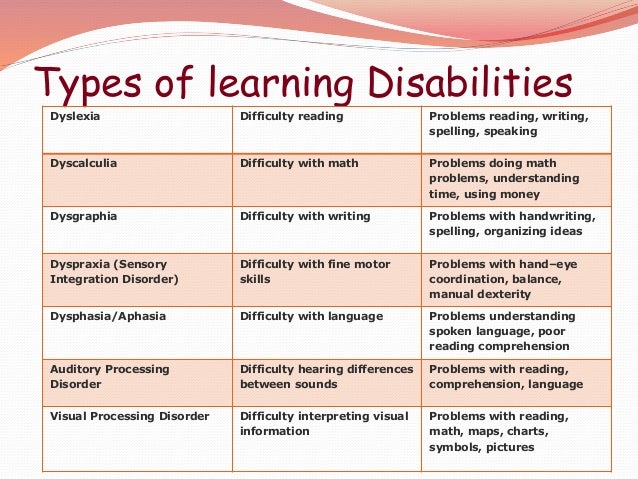 This can make a stressful situation infinitely worse. It is important, then, to learn how to keep your cool when things go awry—even if your heart is pounding and things around you are chaotic. Working with children—especially in large groups—means maintaining a calm presence even when everything else is overwhelming. Remember—your kids will look to you for how to act and deal with everything.
This can make a stressful situation infinitely worse. It is important, then, to learn how to keep your cool when things go awry—even if your heart is pounding and things around you are chaotic. Working with children—especially in large groups—means maintaining a calm presence even when everything else is overwhelming. Remember—your kids will look to you for how to act and deal with everything.
ADVERTISEMENT
Pro Tip: The best way to develop this sense of calm is to learn how to deal with difficult situations yourself. For example, going through first aid training and child and infant CPR classes will help keep you calm when emergencies happen because you’ll know what to do.
Communication
A lot of adults think that, to work with kids, they need to be able to “dumb down” the information they’re sharing. This is an unnecessarily burdensome misconception. There’s a difference between “dumbing down” information and using examples children can relate to when you need to illustrate an idea. Children learn primarily through examples and stories, so talking about situations they can relate to is the best way to teach them new skills and explain new concepts.
Children learn primarily through examples and stories, so talking about situations they can relate to is the best way to teach them new skills and explain new concepts.
Enthusiasm
You have to actually like and enjoy spending time with kids if you ever want to work with them successfully. Kids know when an adult is uncomfortable and many get a kick out of exploiting that discomfort. You also have to have enthusiasm for the things you’re trying to teach the kids you’re working with. Kids aren’t going to want to do or learn anything that you talk about with a frown.
These are just five skills and qualities that you need to master if you want to successfully work with children. Most of the more technical skills, you’ll find, will fall under one of these umbrella traits.
Working with children | Prospects.ac.uk
If you'd like to work with children there are a variety of roles to choose from, each with the power to shape and influence young lives. Jobs such as these come with high levels of responsibility but the rewards far outweigh the challenges
What jobs are available?
The main sectors that employ people to work with children include the charity and voluntary work, healthcare, social care and teacher training and education sectors.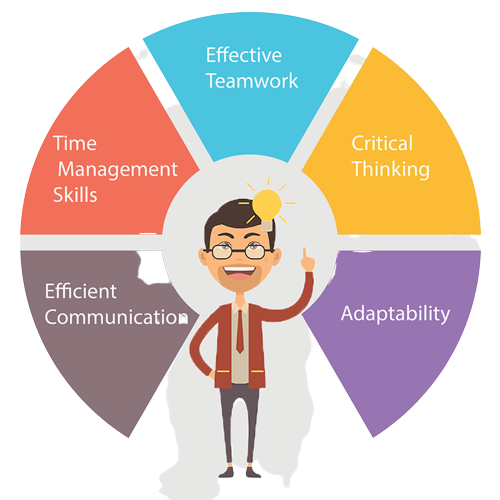 However, jobs working with children are available in other, less obvious industries such as law, leisure, sport and tourism and public services and administration, where you could become a family lawyer, sports coach or children's librarian respectively.
However, jobs working with children are available in other, less obvious industries such as law, leisure, sport and tourism and public services and administration, where you could become a family lawyer, sports coach or children's librarian respectively.
When looking for jobs or work experience it pays to think outside the box. For instance, within the creative arts sector you could become an art therapist or volunteer as a dance teacher at a local community centre.
Working in the voluntary sector you could become a project worker, therapist, protection officer or support worker for charities such as Barnardo's, Action for Children and The Children's Society.
The healthcare sector provides a number of opportunities such as the possibility to work as a children's nurse, health visitor and paediatrician or speech and language therapist.
Within social care you could work as a:
- child psychotherapist
- counsellor
- family support worker
- play therapist
- social worker
- youth worker
Discover how to become a social worker.
Unsurprisingly, the teacher training and education sector offers a variety of opportunities to work with children. You could become a:
- careers adviser
- early years teacher
- educational psychologist
- English as a foreign language teacher
- learning mentor
- museum education officer
- primary school teacher
- secondary school teacher
- special educational needs teacher
- teaching assistant
Jobs with children are strictly regulated, so as well as the right combination of qualifications, skills and experience, you'll also need to undergo a Disclosure and Barring Service (DBS) check to secure a role.
This helps employers to protect vulnerable groups and make safer recruitment decisions. As part of the DBS check your criminal record history is accessed and you're checked against a list of named individuals who have harmed, or pose a risk of harm, to vulnerable people and are barred from working with them. Once cleared you will receive a DBS certificate.
Once cleared you will receive a DBS certificate.
Sign up to get personalised job alerts and shortlist your favourites
Register
What childcare qualifications will I need?
This all depends on the job you'd like to do.
If your heart is set on a career in nursing, child psychotherapy, social work, educational psychology or teaching, be aware that these are all graduate jobs, and you'll need a specific degree, either at undergraduate or Masters level to enter these professions. Learn more about social work courses and routes into teaching.
If you know you'd like to work with children but would prefer to keep your options open, a more general degree in childcare or working with children may suit you.
At Staffordshire University you can study for a three-year BA in Working with Children, Young People and Families, which can lead to careers in family support, youth justice roles, advocacy jobs and early intervention careers. Likewise, the University of Bradford, University of Hull and University of South Wales also offer Bachelors courses in Working with Children, Young People and Families.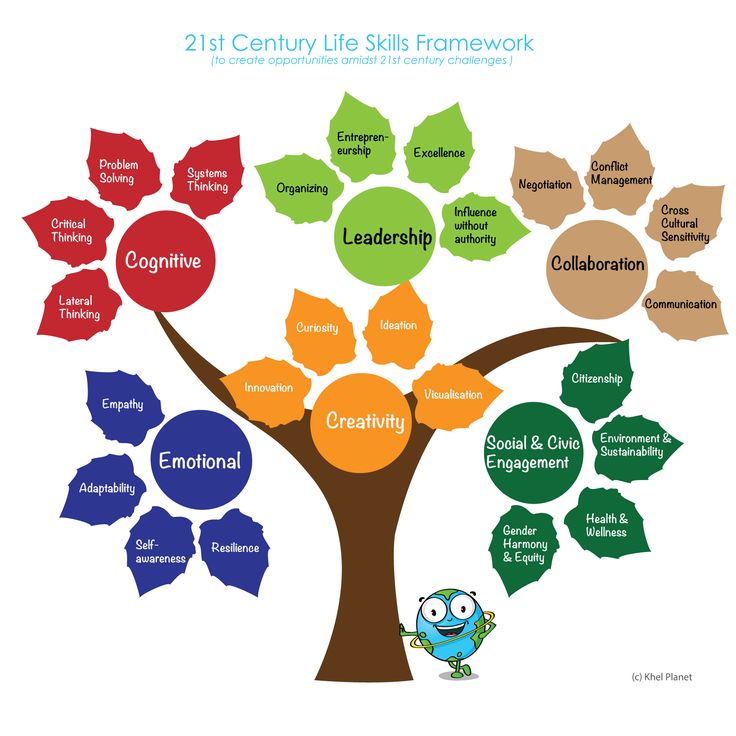
At postgraduate level, the University of Central Lancashire (UCLan) and Manchester Metropolitan University (MMU) both run Masters programmes in Professional Practice with Children and Young People and Childhood Development and Wellbeing in Practice respectively.
Do some research to find out more about Masters degrees and search postgraduate courses to find a programme that meets your career needs.
Vocational courses, such as CACHE (Council for Awards in Care, Health and Education) qualifications, are available from Entry Level to Level 5 (for experienced professionals). CACHE qualifications are well known and widely respected throughout the childcare industry.
How do I gain work experience with children?
Jobs with children come with a high level of responsibility - a child's physical and emotional wellbeing is often in your hands - therefore relevant experience of working with children is vital.
Gaining specific experience of certain roles, such as those in social work, children's nursing and counselling can be difficult due to the sensitive nature of the work.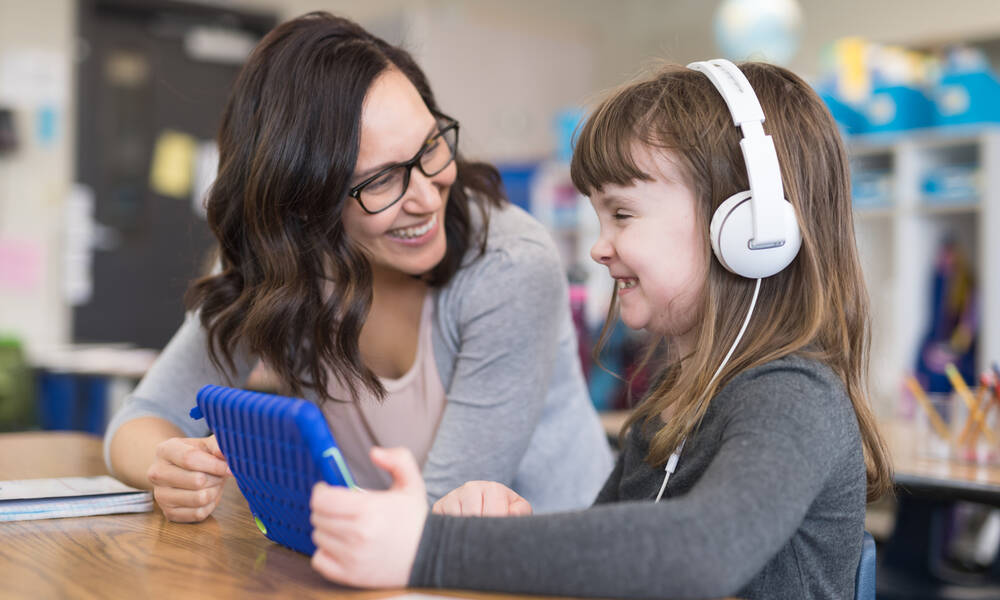 However, any experience working with children will give you a distinct advantage when applying for a place on a postgraduate course or for a job.
However, any experience working with children will give you a distinct advantage when applying for a place on a postgraduate course or for a job.
There are a huge number of volunteering opportunities. You could give your time to local sports, activity or youth clubs, work at after-school, summer or holiday clubs or get involved in community play schemes. You could spend your summers working as an au pair or helping out at youth theatre groups. Another option is to volunteer in schools and shadow teachers, assistants and admin staff or become a private tutor or reading mentor.
Volunteering at children's centres, children's hospices and on children's hospital wards, or donating your time to charities such as Barnardo's, ChildLine and the NSPCC (National Society for the Prevention of Cruelty to Children) are some other worthwhile options. If you're still struggling for ideas, read 10 opportunities to volunteer with children, some of which enable you to work abroad, further expanding your work and cultural experience.
Search for volunteering opportunities at:
- Do-it
- Volunteering Matters
When looking for work experience, utilise your university, personal and professional contacts and apply speculatively to local organisations and groups.
What childcare skills will I need?
Not everyone is suited to a career working with children. Jobs can be physically, emotionally and intellectually challenging and you'll need a specific set of skills to deal with the demands of each role.
However, in general, to work with children you'll need:
- A patient nature - working with children you'll often have to explain yourself, repeat instructions and deal with distractions. At times their behaviour can be testing. It's important for you to hide your frustration and understand that children think, feel and process things differently to adults.
- Excellent communication skills - the ability to earn a child's trust and respect is vital to any job with children.
 Communication skills are essential when trying to achieve this. You need to be a confident and authoritative communicator with the ability to talk to children on their level. Excellent listening skills are also crucial.
Communication skills are essential when trying to achieve this. You need to be a confident and authoritative communicator with the ability to talk to children on their level. Excellent listening skills are also crucial. - Enthusiasm - you need to really like children and enjoy spending time with them and to have real enthusiasm for your job - kids can spot insincerity a mile off.
- The capacity to think on your feet and stay calm in stressful situations - the young have a knack for being unpredictable and curious and this can sometimes lead to accidents. Children look to adults to know how to act in emergency or stressful situations, so being able to think on your feet and keep a cool head is important.
- Imagination and creativity - creativity is essential to a child's growth. You need to be adept at coming up with new ways for children to express themselves.
- Good organisational and time management skills - when working with children things rarely go according to plan.
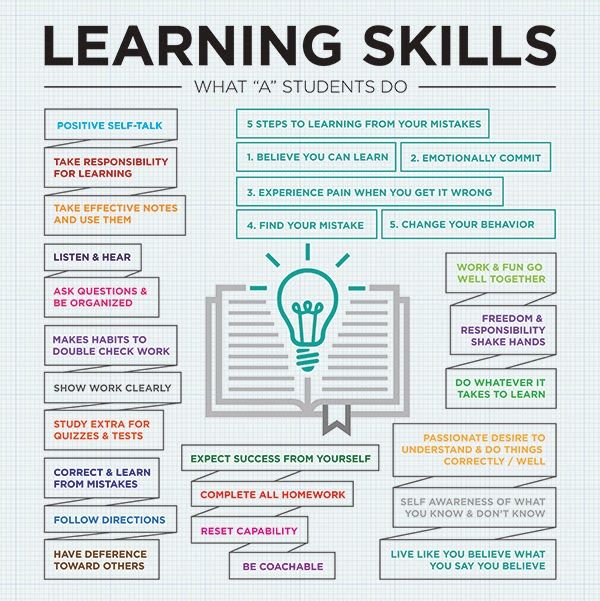 You'll need strong organisational and time management skills to ensure that sessions, lessons, meetings and one-to-ones stay on track.
You'll need strong organisational and time management skills to ensure that sessions, lessons, meetings and one-to-ones stay on track. - A non-judgmental approach and a respect for diversity - no matter your role, it's likely you'll work with children and young people with varying abilities from a range of backgrounds and ethnicities.
- Leadership skills - as the adult, children and young people will look to you for guidance and leadership. It's important that you're able to confidently take charge of a situation.
A sense of humour, problem-solving ability and resilience also go a long way.
Advertisement
Will I need to complete relevant training?
Continuing professional development (CPD) is a feature of all jobs when working with children. No matter your role, it's crucial that you stay up to date with the developments in research, processes and practices. It's vital that you work hard to keep your skills and knowledge up to date in order to progress throughout your career.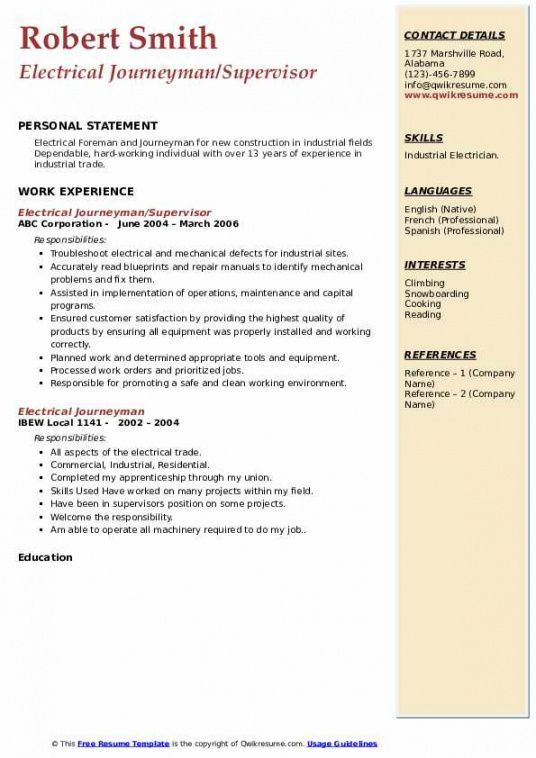
A number of organisations provide further training opportunities. For example, if you work within Children's Services, local councils offer a range of courses for all staff. Training can cover first aid, health and safety, information management, leadership and management and special educational needs (SEN).
Teachers also receive in-service training, either in-house on teacher training days or at regional training centres run by local authorities. Training topics cover curriculum issues, target setting and assessment, special needs or pastoral care.
City and Guilds offers a suite of training courses for those working with children, including qualifications in youth work, youth justice, parenting services and childcare. For more information, see City and Guilds - Children.
Children's charities, such as Barnardo's and the NSPCC, provide training in child protection, safer recruitment, working with children and young people and safeguarding.
All organisations that work or come into contact with children will have safeguarding policies and procedures in place to ensure that children are protected from harm. Because of this, safeguarding is an important aspect of any job that concerns working with children - if your qualifications haven't touched on this, completing additional training will be useful.
Because of this, safeguarding is an important aspect of any job that concerns working with children - if your qualifications haven't touched on this, completing additional training will be useful.
Find out more
- See what else the social care sector has to offer.
Written by Jemma Smith, Editor
Prospects · September 2022
Also in this section…
How would you rate this page?
On a scale where 1 is dislike and 5 is like
Something went wrong. Please try again.
- Dislike1
unhappy-very
- 2
unhappy
- 3
neutral
- 4
- Like5
happy-very
Do not fill this in
success feedback
Thank you for rating the page
90,000 sample resumes of the teacher-educator, ready-made examples of the resume on Superjob 2022Popular
resume
Search for work
Interview
Careers
Samples of resume
How to find work, if ...
Blog blog blog blog blog blog Aleksey Zakharov
Professional holidays
Professions
Applicants
Miscellaneous
Advice / CV samples
June 5, 2019
94 050
How can I reduce the time it takes to find a job as a kindergarten teacher? How to find a job as an educator in another city after moving? How to get a job in a private commercial kindergarten? Add information to your resume, indicate the curricula you work for, the events your students took part in, the holidays you organized.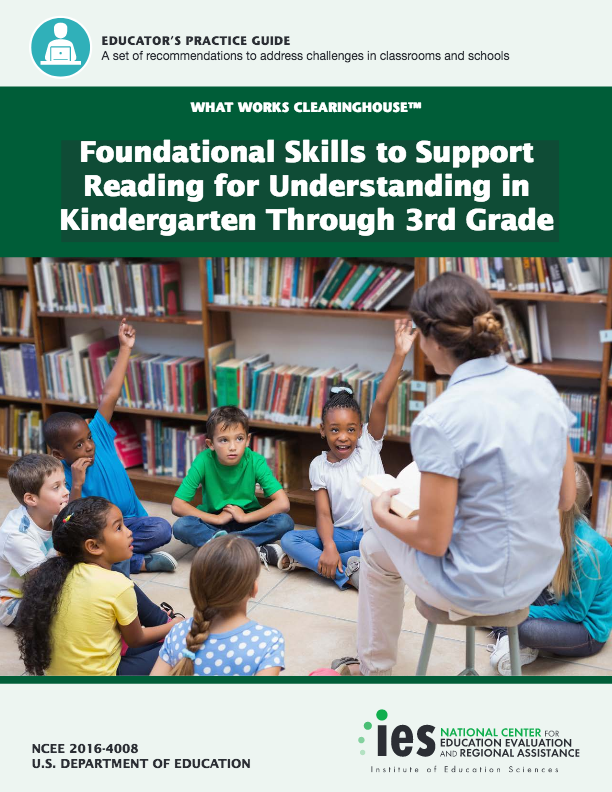 See a sample kindergarten teacher resume - such resumes have the highest number of views and invitations to an interview. nine0003
See a sample kindergarten teacher resume - such resumes have the highest number of views and invitations to an interview. nine0003
The Responsibilities and Achievements field can be completed using the template provided by the Superjob experts:
- Regularly conduct health promotion activities with the medical staff of the institution - as a result, the number of diseases in children decreased by 30%.
- Together with the music director and physical education instructor, she prepared and conducted more than 20 children's morning performances and themed leisure activities with the participation of children (for 3 years).
- Every day I spend developing classes and games with 20-25 children according to the program according to the program "From Birth to School", ed. N.E.Veraksa, M.A.Vasilyeva. nine0037 - Monthly made calendar-thematic plans, conducted pedagogical diagnostics and analyzed the results. Based on the results obtained, she developed a program for the development of children, as a result of which 90% of pupils were accepted into gymnasiums and lyceums.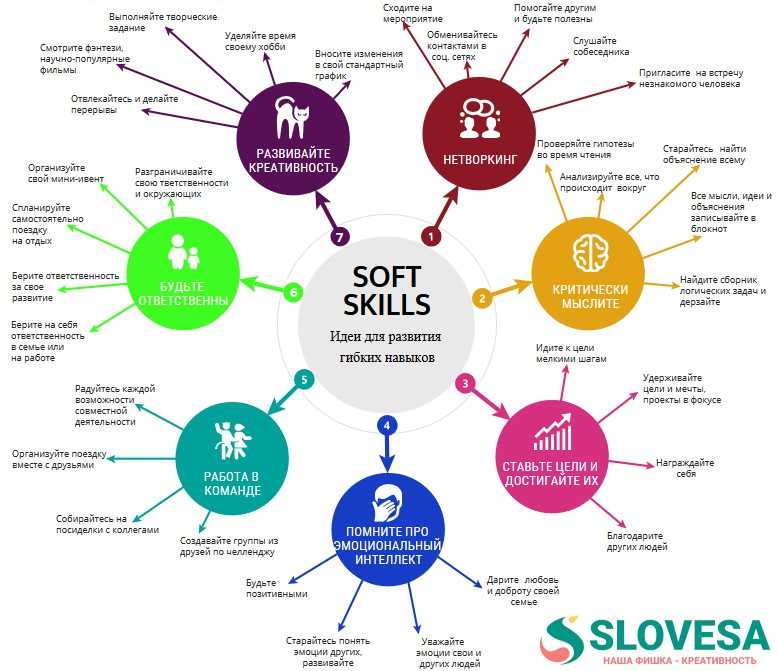
- Organized leisure activities for 25 children in a group and on the street (outdoor games, physical education, finger gymnastics, round dance games).
The Knowledge and Skills section of a Kindergarten Teacher's CV should include the following information (learn that 100% completed job applicants get more views and job interviews):
- Knowledge of basic preschool education programs.
- Possession of methods of preschool education.
- Love for children, the ability to combine exactingness with goodwill.
- Knowledge of child developmental psychology.
- Ability to build positive relationships with parents and colleagues
- Flexibility and openness in communication. The ability to find a common language with children in different situations.
Sample CV
If after reading the article you still have questions about how to write a resume, we suggest you look through the sample filling. To view or print a sample resume, please register on the site
Register
to enter
37 years old (born April 24, 1985), higher education, is in marriage
Moscow, is not ready for business trips
Citizenship: Russia
Full Employment
45 000 ₽
Education
-
- Higher education
- Full-time/full-time
- 2007
Sholokhov Moscow State University for the Humanities
Faculty: Pedagogy and methodology of preschool education
Specialty: Kindergarten teacher
About me
Professional skills:
basic education - Possession of methods of preschool education. - Love for children, the ability to combine exactingness and discipline with goodwill - Knowledge of child developmental psychology - Ability to build positive relationships with parents and colleagues - Flexibility and openness in communication. The ability to find a common language with children in different situations. nine0003
- Love for children, the ability to combine exactingness and discipline with goodwill - Knowledge of child developmental psychology - Ability to build positive relationships with parents and colleagues - Flexibility and openness in communication. The ability to find a common language with children in different situations. nine0003
Additional information:
Society, competent speech and excellent sense of humor help me effectively interact with any audience
Foreign languages
- English - spoken
- ability to think;
- to prove the truth or falsity of judgments;
- make informed decisions; nine0077
- explain your position to yourself and others.
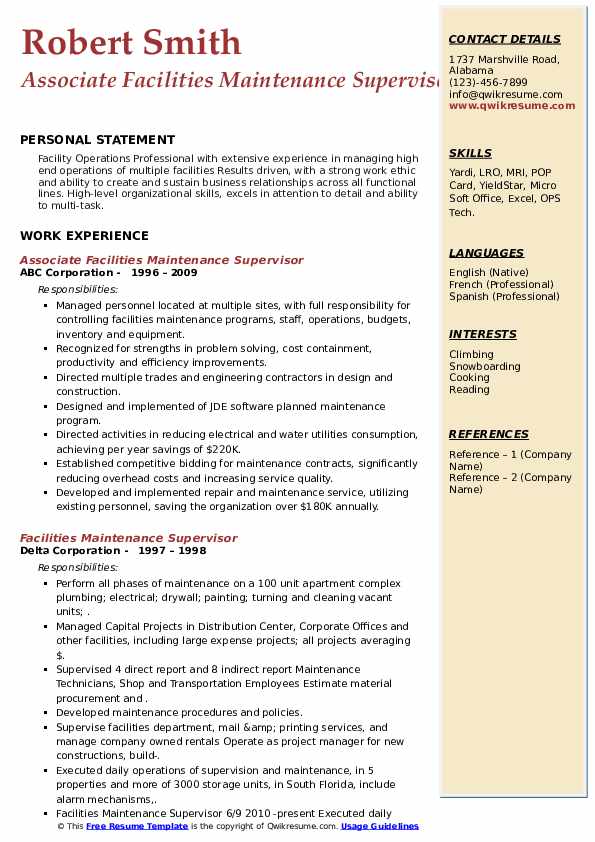
- evaluate information for accuracy and reliability;
- to sift out the superfluous and empty, to highlight the main thing; nine0074 combine elements into semantic groups;
- memorize and find the right information in time.
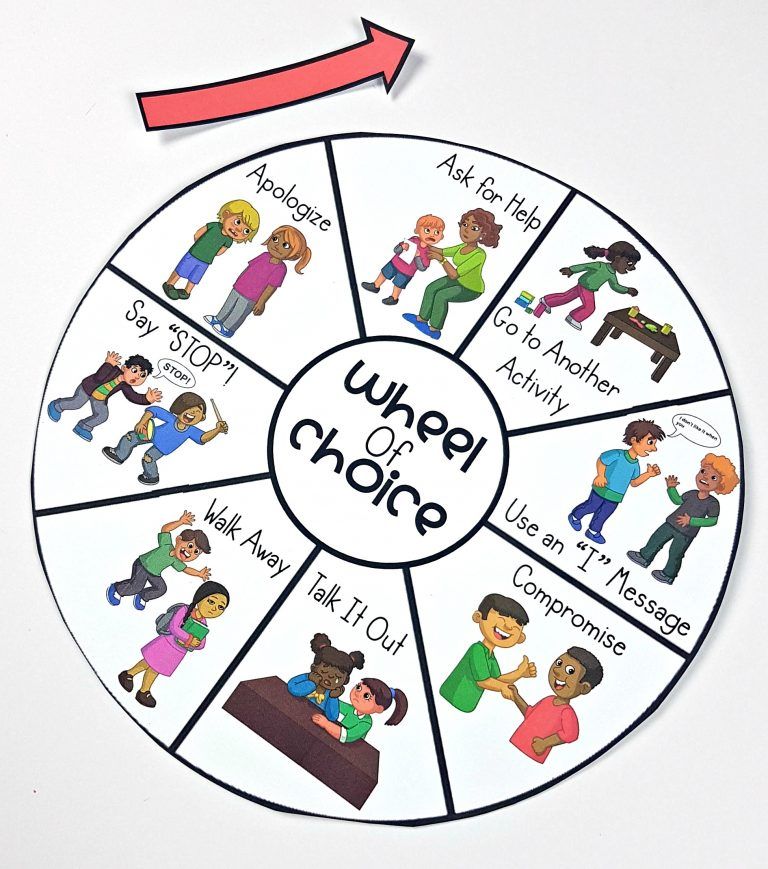
- Listen to your child and help him develop in what he likes. Do not try to realize only your ambitions, do not strive to grow a new Hans Zimmer or Steve Jobs.
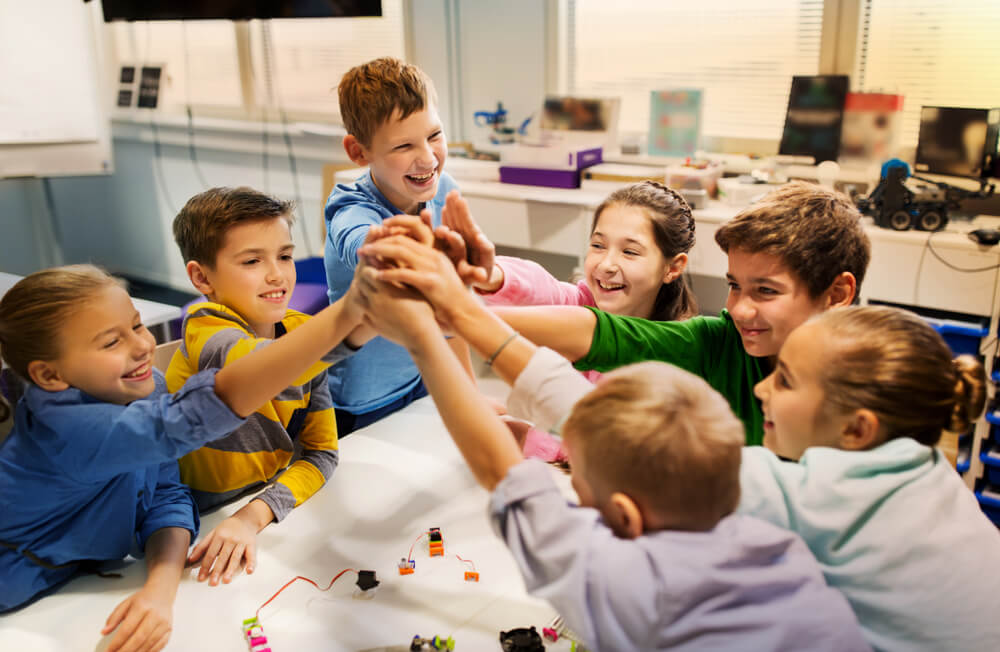
Learn more
Latest vacancies
Yesterday
Kindergarten teacher
from 60 000 ₽/month
GBOU School №1583
Moscow
13 Minute stadium
Yesterday
kindergarten teacher
from 60 000 ₽/month
GBOU School No. 1213
Moscow
6 minutes 6 minutes
25000 kindergarten
from 35,000 ₽/month
Petrushka Liana Radikovna
Moscow
Fonvizinskaya
Yesterday
Kindergarten teacher
, according to the agreement
School No. 170
170
Moscow
Belyaevo
Yesterday
Kindergarten teacher
at
GOU secondary school No. 1270
Moscow
Summary of the Coordinator
77 095
Executive resume sample
334 704
Programmer resume sample
293 310
Bank teller resume sample
72 270
Sample Engineer CV
308 912
Sample Teacher CV
103 295
We use cookies to improve the website for you. Read more
8 skills that are useful for developing a preschooler and elementary school student
School preparation / Early childhood development
The LogicLike team talks about the skills that are important to master in preschool and primary school age in the first place. nine0003
LogicLike is an online platform for the development of children aged 5-12. We teach children to reason and work with information, develop logic and non-standard thinking.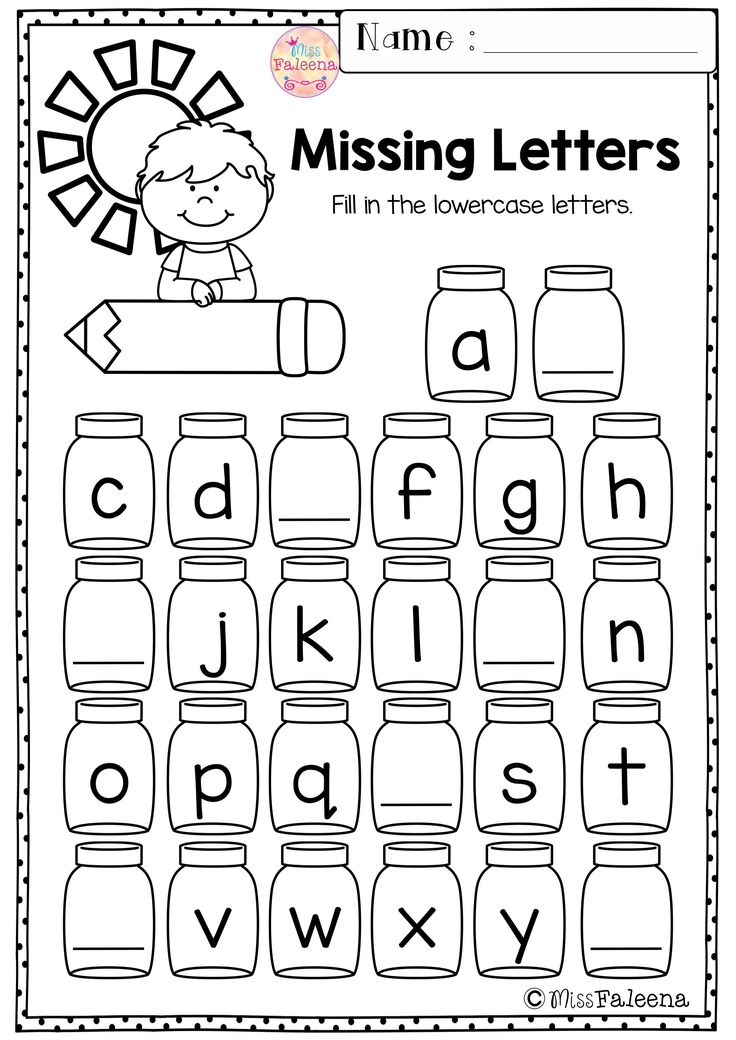
1. Ability and desire to learn: cognitive abilities and interest in learning
Perception, attention, memory, imagination, speech, thinking are mental cognitive processes that make up the ability and desire to learn. For most children, the development of cognitive interest is a natural process laid down by nature. At preschool age, inquisitive children most of all want to discover something new. nine0003
Closer to 5-7 years, the child no longer simply perceives information in finished form, as it was before. An inquisitive mind seeks to find answers to questions on its own. An inquisitive preschooler learns to bring different concepts into one system, analyzes them, compares them, looks for patterns and draws conclusions.
Hot interest and curiosity are the basis of independent motivation of a preschooler and a first grader to study.
The elementary school curriculum does not contain separate classes devoted to the development of cognitive abilities.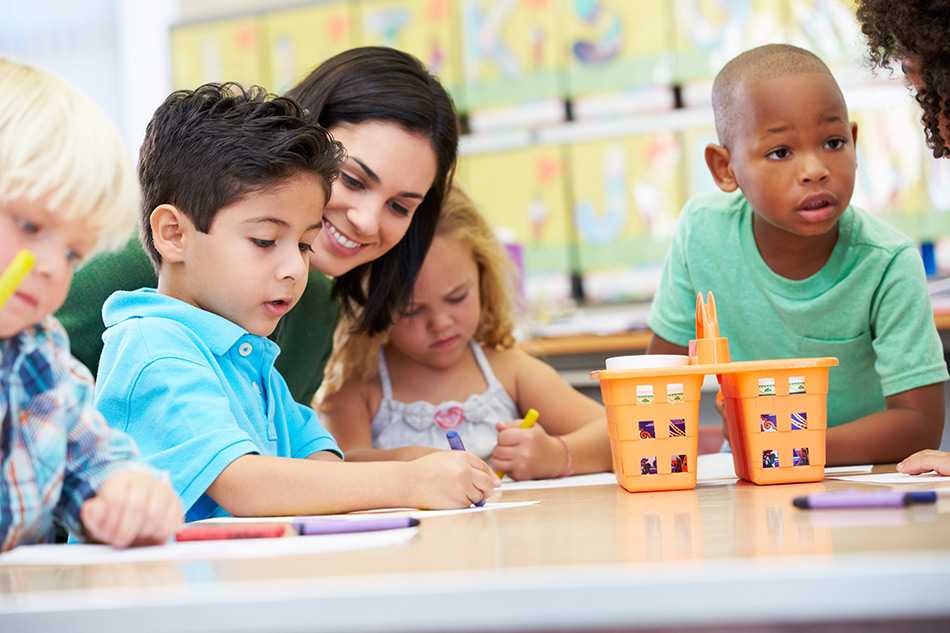 Therefore, the task of teaching the child to learn largely falls on the parents. nine0003
Therefore, the task of teaching the child to learn largely falls on the parents. nine0003
High cognitive interest plus developed attention, memory, thinking and other cognitive abilities will help you get used to school without stress, become more independent, proactive and avoid chronic academic failure.
See also: The benefits of entertaining mathematics and solving logic problems.
The ability to learn independently cannot be overestimated. Technology is developing many times faster than it was 20 years ago, and specialists of any profession are in the race for new knowledge. Try to imagine what will happen in another 20 years. nine0003
2. Creative thinking: the ability to think outside the box, contrary to patterns
The ability to create something new, unconventional - this is how classical psychology defines the concept of "creative thinking". You should not associate it exclusively with art: extraordinary solutions are welcome in any field of activity, be it acting or mobile application development.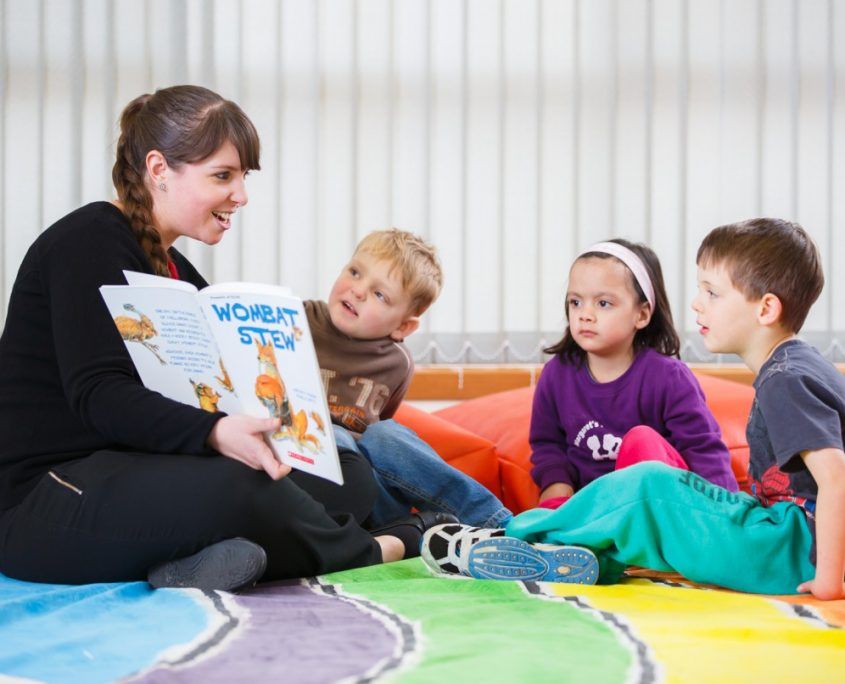
At the age of 5-7 years, thinking is not constrained by stereotypes and it is easier for a child to learn to be “creative”. This will help in the future to get out of any difficult situations, simply connecting creative thinking. nine0003
See also: 10 ideas and exercises to develop creativity.
The ability to think outside the box is useful not only in everyday life. For example, engineer and ornithologist Eiji Nakatsu developed a rounded nose for a bullet train. The idea came from observing the kingfisher, a bird whose streamlined beak allows it to fish easily, plunging into the water without splashing. This train design reduced air resistance and energy costs. nine0003
3. The ability to think logically: we develop logical and mathematical intelligence
Some everyday and educational problems can be solved creatively. But in most cases, when an objective, balanced approach is needed, creativity is not enough. Logical thinking comes to the rescue:
When a child pumps logical thinking and mathematical abilities, he learns to use specific concepts, "weigh" options and make decisions.
Solving entertaining logic problems is a proven way to develop logic in preschoolers and younger students. Is your child 5-7 years old? This is the perfect time to start. nine0003
Day after day, more than 100,000 students
complete 10-20 assignments on the LogicLike website. And how much can you? Choose where to start:
Riddles and questions Riddles and questions
Logic tasks Logic tasks
Children with developed logical and mathematical intelligence can easily cope with school mathematics. In grades 3-4, they win mathematical olympiads and, in general, have more chances for a breakthrough in overall intellectual development. nine0003
4. Spatial thinking and imagination: developing visual-spatial intelligence
It is possible to create 3D pictures in your head, look at them in great detail and rotate them as you like with the help of spatial thinking and imagination.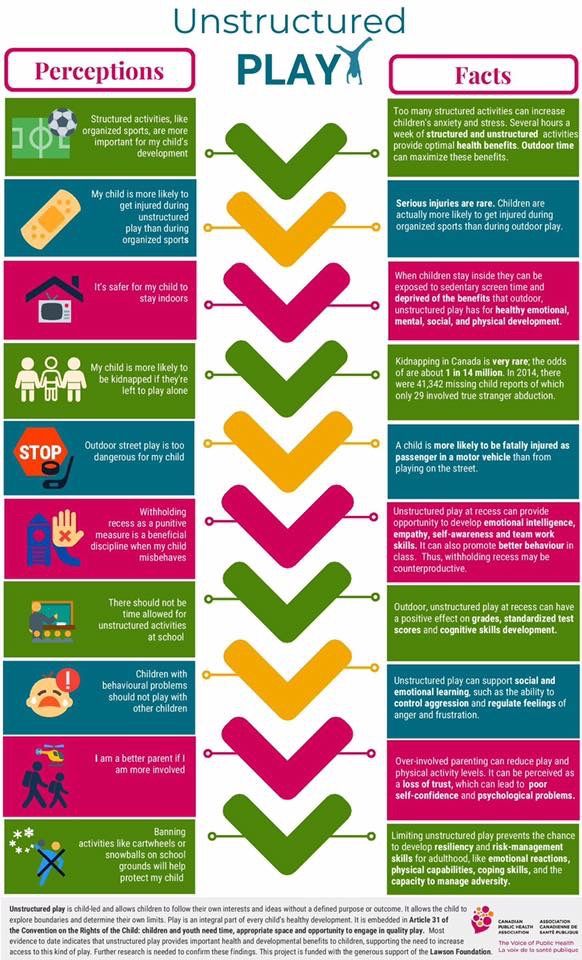 By developing these abilities, the child learns to navigate in space, recognize directions of movement, determine the sides of the horizon, understand the position of objects in space and perceive their shape. nine0003
By developing these abilities, the child learns to navigate in space, recognize directions of movement, determine the sides of the horizon, understand the position of objects in space and perceive their shape. nine0003
This is interesting: Games and tasks for the development of spatial thinking of preschoolers.
Universal skills for success in any endeavors
The ability and desire to learn, creative, logical-mathematical and spatial thinking are components of the intellect and are absolutely necessary for both children and adults. However, this is not enough to achieve success.
Special, "hard" skills (hard skills) affect a person's success in a particular activity. They, too, can and should be developed from childhood, especially if the child has obvious inclinations and interests.
What can determine the success of a person in a variety of activities? General, "flexible" skills (soft skills) : the ability to learn, think outside the box, speak beautifully and correctly, correctly allocate time, etc.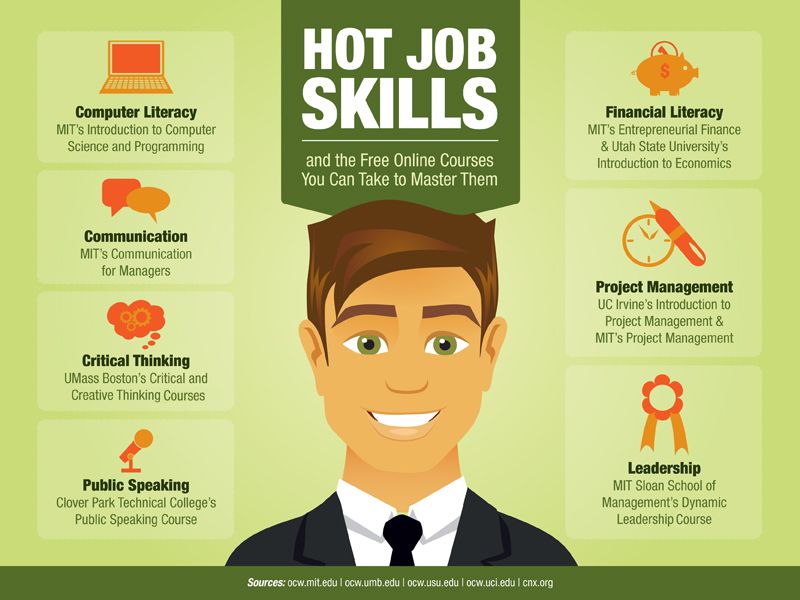 It is equally useful in study, work and personal affairs. “Soft” skills are the basis for the development of special skills and human efficiency in everything. nine0003
It is equally useful in study, work and personal affairs. “Soft” skills are the basis for the development of special skills and human efficiency in everything. nine0003
We have identified 4 universal skills, qualities (their groups) that will definitely be useful to your child at school and later in life.
5. Communication skills: the ability to communicate and speak in public
The ability to conduct a dialogue, negotiate, convince somewhere, and give in somewhere, helps to join the team and find a common language with any person. A sociable person is more likely to reveal his abilities and succeed than someone who is stuck in communication. nine0003
6. Ability to work with information
When the information in the head is not sorted out, but falls into a heap, it is much more difficult to find and use something valuable.
For effective work and study, it is important to be able to:
"Who owns the information, he owns the world."
Nathan Rothschild
7. Self-organization, time management
Sometimes it seems that a person's life is organized by circumstances. School drives into the framework of lessons for 45 minutes, work creates the boundaries of an 8-10-hour working day. nine0003
But without the ability to plan things and manage your time, it is difficult to be productive. This is something that is not taught in school, but without which it is difficult to do without in life.
“I’ve been thinking about how to kill time more than once!” said Alice from Lewis Carroll's fairy tale to the Hatter. He answered her:
“How can he (time) like this? If you didn’t quarrel with him, you could ask him for anything you want.
8. Personal qualities: leadership, will, perseverance nine0085
Purposeful, stress-resistant, responsible, proactive, hardworking, able to cope with routine tasks - like a torn line from a resume of a top specialist, isn't it? All these qualities are classified as soft skills.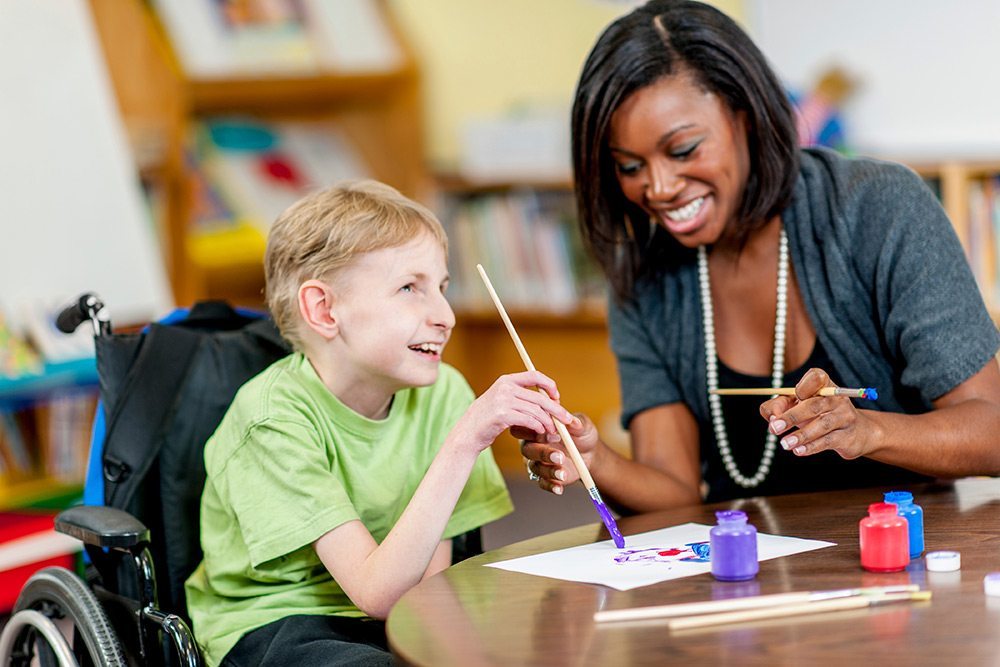 They are not related to a specific profession, but without them any work is difficult.
They are not related to a specific profession, but without them any work is difficult.
Personal qualities are formed in childhood and depend on upbringing. It is important in this regard to correctly “distribute responsibilities” between the school and parents. nine0003
Abilities and skills open up a world of possibilities for the child
It all starts with the discovery of the inclinations laid down by nature, which are easiest to develop into abilities. But without effort, even rich inclinations run the risk of remaining in the stage of unsprouted grains.
A vivid example is in the biography of the Russian painter Vasily Surikov. His inclinations for drawing appeared early, but by the time he entered the art academy, they were not developed to a sufficient degree, according to teachers. nine0003
“Is this your work? Yes, for such drawings, you should even be forbidden to walk past the Academy!
, the examiner remarked sternly.
Surikov did not agree, in three months he completed a three-year course with the artist Dyakonov and successfully entered. To make this example even more revealing, imagine that Surikov never discovered his ability to draw.
To make this example even more revealing, imagine that Surikov never discovered his ability to draw.
How do you like it if your child agrees with the school teacher, they say, “well, there are no abilities for mathematics and logic - a humanist”? nine0003
At any age, it's not too early and not too late!
In childhood, the potential for the distant future is laid. But does this mean that it is already too late for adults to develop their abilities? Not at all.
This is confirmed by people who debunk myths by their example. Belarusian biathlete Daria Domracheva received two higher economic educations before realizing in sports.
Self-taught artist Henri Rousseau began painting at a mature age, with only military service and customs experience behind him. It is never too late to develop and discover a second wind. nine0003


